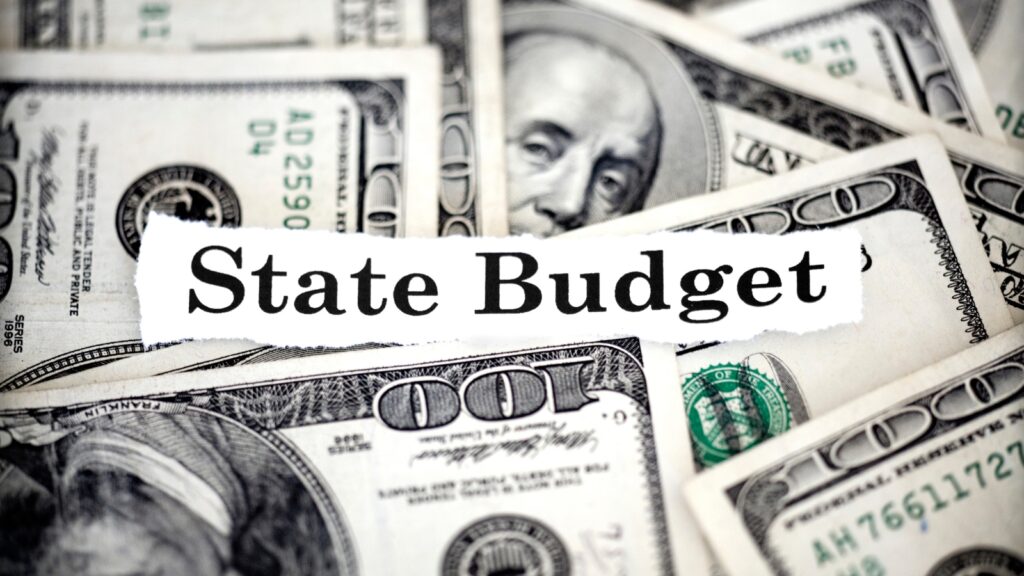August 13, 2024
Budget Matters: How it Works and How It Can Work For Virginia Families
Originally published July 20, 2023: Updated Aug. 13, 2024
The state budget reflects what and who we value as a commonwealth because funding decisions impact the lives of everyone in Virginia through K-12 education, higher education, health care, safety net programs, and more. Creating broadly shared opportunity requires investing our resources in these building blocks of thriving communities — that’s why Virginia’s two-year budget and changes to that budget are among the most important decisions made each year during the legislative session.
There are two sides to these important budget decisions: how we raise money and how we spend it.
When we all pitch in our fair share of taxes, we can invest in programs and services that help everyone thrive, no exceptions. But special interests and those at the top have rigged the rules to get out of paying what they owe, and Virginia’s tax code is upside-down, where those with the most pay the least taxes as a share of income. A more fair tax code can lift up families with low incomes and raise the shared resources we need to achieve our shared goals.
Lawmakers have recently made some progress to flip Virginia’s upside-down tax code.
In particular, the 2022 choice to give qualifying families greater access to their Earned Income Tax Credit (EITC) will help families with low incomes better make ends meet. And each legislative session provides lawmakers with more opportunities to advance tax choices that work for all of us.
Lawmakers must invest in our communities
Virginia’s financial position has been strong recently, due in part to pandemic-related federal aid. Yet in response to “budget surpluses,” many elected officials often propose harmful tax cuts rather than investing in the many unmet needs of our communities. With the end of pandemic-related federal aid, lawmakers will need to raise new sustainable resources to make critical investments.
When it comes to making spending decisions, it’s important that lawmakers focus on what matters most for families and communities: targeted help for families struggling with increasing costs, investing in our schools, expanding health care access, and making sure profitable corporations and wealthy individuals pay their fair share.
Instead of more tax cuts each year that primarily benefit the wealthy and harm our ability to pay for critical services in the short and long term, lawmakers could:
- Pay the state’s fair share of the costs for custodians, front-office staff, and other support staff in schools: $202 million
- Increase state funding for school counselors and school-based mental/behavioral/physical health professionals to the levels prescribed by the state board of education: $121 million
- Pilot long-term affordable housing voucher program for 5,000 families with children: $52 million
- Establish a Commonwealth Kids Credit to help over 1 million children in Virginia: $651 million
- Improve the state’s refundable EITC to 20%: $32.5 million
- Create a health coverage option to Cover All Kids from families with low incomes: $19.3 million in first two years
Understanding Virginia’s budget and tax policies and process isn’t just for lawmakers. By learning more and sharing with our neighbors, each of us can add our voice and make sure that the needs of our families and communities are at the center of these critical conversations.


